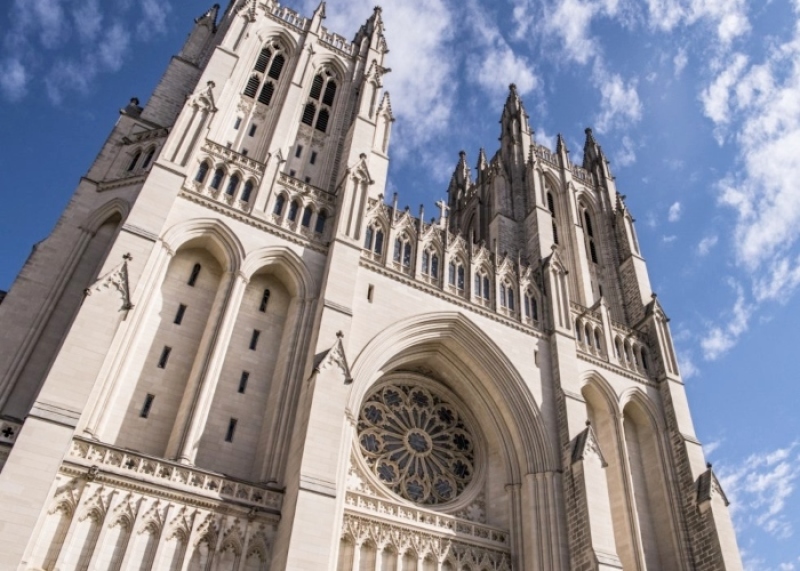
The Episcopal Church released its 2024 Parochial Report last week, indicating continued declines in baptisms and a modest drop in the total number of parishes.
While the report omitted a current total membership figure, overall membership stood at about 1.547 million in 2023 compared to around 1.96 million in 2010.
According to a statement from The Episcopal Church Office of Public Affairs, this year’s instrument incorporated “responses to new and revised questions that were compiled by former members of the House of Deputies Committee on the State of the Church and approved by the Executive Council in October 2023 and January 2024.”
The data show 19,624 baptisms of children and adults in 2024—down substantially from 2014, when the denomination reported more than 28,000 total baptisms—with 6,707 parishes and missions in 2024, a slight decrease from the 6,754 reported for 2023.
Worship attendance ticked up slightly year over year, with just over 413,000 attending services in 2024 versus under 411,000 in 2023 and about 373,000 in 2022.
The Office of Public Affairs noted that the 2024 collection “allowed for first-time consistent reporting of online worship engagement and weekday attendance.”
Even so, the 413,000 figure remains far below the approximately 600,000 reported roughly a decade ago, itself a decline from about 623,000 in 2013.
Demographically, the report lists a median member age of 60 and estimates that around 95% of Episcopal Church members are white.
As with many U.S. religious bodies, the Episcopal Church has experienced multi-decade membership erosion, with the number of active baptized members falling below 2 million by 2010.
Financially, the denomination reported that “for the first time in the last decade,” total expenses in 2024 exceeded total income.
Observers point to multiple drivers of decline, including theological shifts that have prompted some departures; notably, after the 2003 consecration of the Rev. Gene Robinson as the first openly gay bishop, scores of congregations voted to leave.
In 2020, Kristine Stache—then interim president of the ELCA-affiliated Wartburg Theological Seminary—told the denomination’s Executive Council that, at the current rate of decline, the Episcopal Church would have no Sunday attendance in 30 years and no baptized members in 47 years.
The Rev. Sean Rowe was installed last November as presiding bishop, succeeding the Rev. Michael Curry, who in 2015 became the denomination’s first Black leader.



















